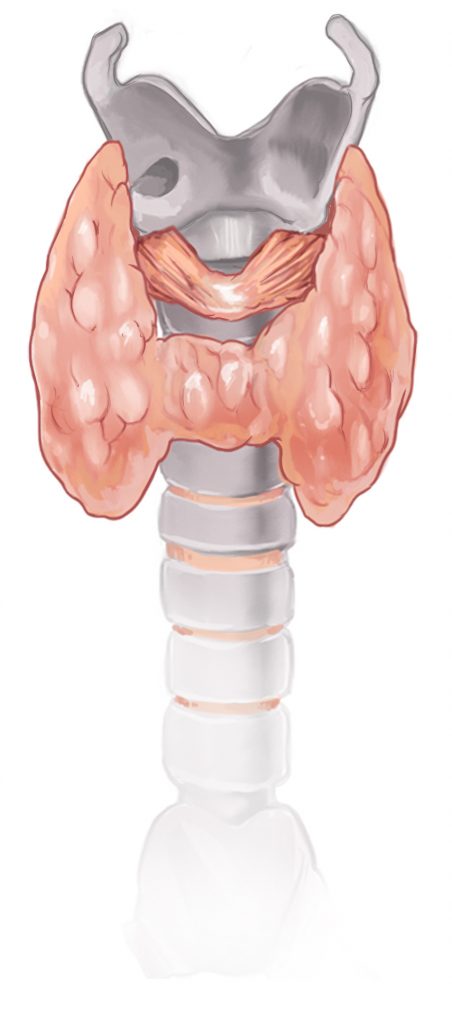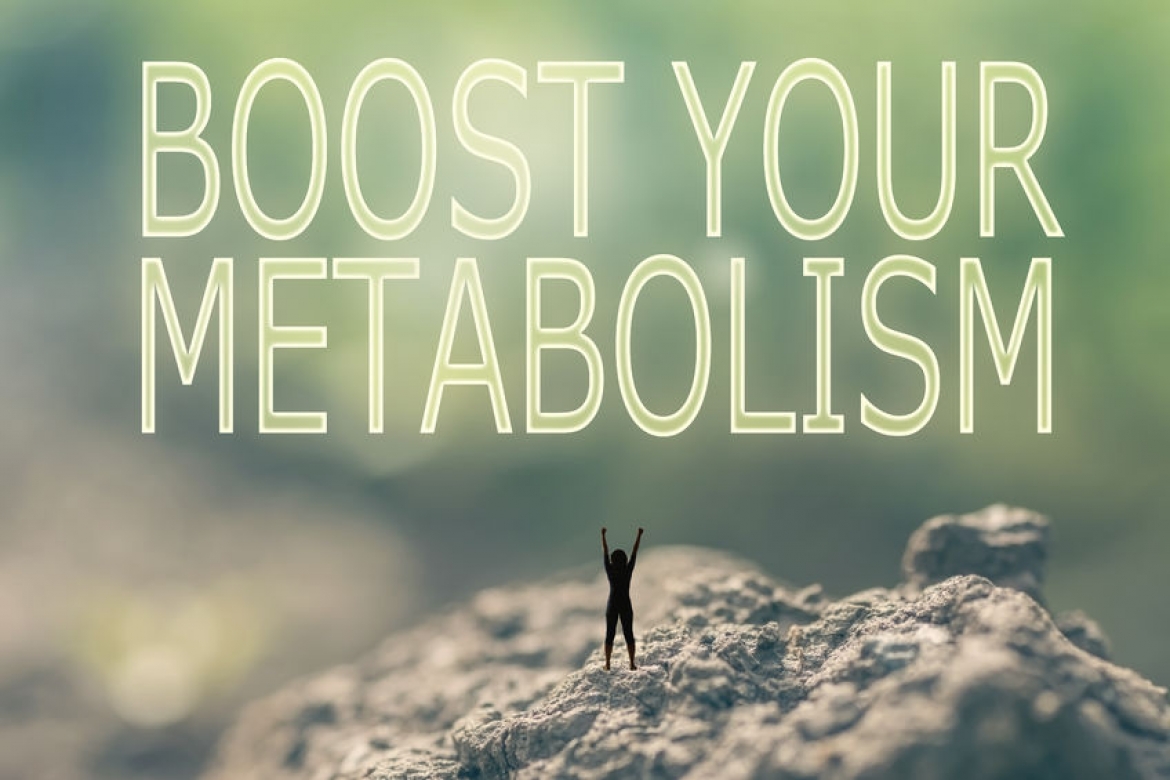Hypothyroidism is a chronic illness that can affect anyone but is particularly common in women. It's even estimated that as much as 10% of the general population of women may suffer from at least a minor form of this condition. If you're one of the 10 million people in America currently living with a diagnosis, it's time for you to discover an herb known as Ashwagandha. Adding this natural plant to your treatment routine is very easy and has a lot of promise for reducing your symptoms and improving your health.
What is Hypothyroidism?
The thyroid is a small gland, located at the bottom of the neck, that is largely responsible for regulating the body's metabolism through the release of the right hormones. When your thyroid gland becomes underactive or even stops working altogether, you'll naturally experience a lot of metabolism-related problems. Some of the most common symptoms of this condition include:

General fatigue and tiredness no matter how much you rest
-
Muscle weakness that comes and goes in different parts of the body
-
Steady or sudden weight gain that is hard to lose no matter how much you restrict calorie intake
-
Cramping in various major muscle groups, mainly the back, legs, and upper arms
-
Increased sensitivity to cold temperatures, to the point of being physically uncomfortable due to air conditioning or a cool breeze outside
-
Hair loss that can't be traced to stress or hormonal imbalances
-
Chronic constipation
-
Depression and mood swings
-
Anger and overblown reactions to small irritations
-
Dry skin and hair that does not respond well to typical moisturizers
-
Pale skin despite sun exposure or a complexion that is naturally darker
-
Absent or irregular menstrual cycles
-
Loss of sex drive and sexual response to stimulus.
Even the most minor cases of thyroid dysfunction can trigger a cascade of these bothersome symptoms to interrupt your life. While this condition is not directly life-threatening, it can make you feel so depressed that you can't handle your daily responsibilities anymore. Taking control of your thyroid's function is difficult, but it's worth the effort to find the right treatment to restore your natural metabolism. Allowing your metabolism to fail without assistance could leave you struggling with long-term obesity and the serious health risks that come along with it.
read more..













































































